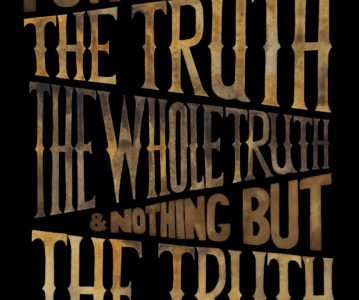Should I Write History?
Back to history Do you read a lot of history books? Even more than fiction? A lot of writers do, but that doesn’t necessarily mean you should write one. A lot of the skills of a novelist will transfer to writing history books, but not all of them. The research you do for a novel? Trivial compared to what a historian does. You must dig into primary sources and be able to interpret them as to the prejudices and plans of the original author. You must come to conclusions and be able to defend them, because they will be attacked....




